2022–2023 Fellows
2022–2023 Cohort
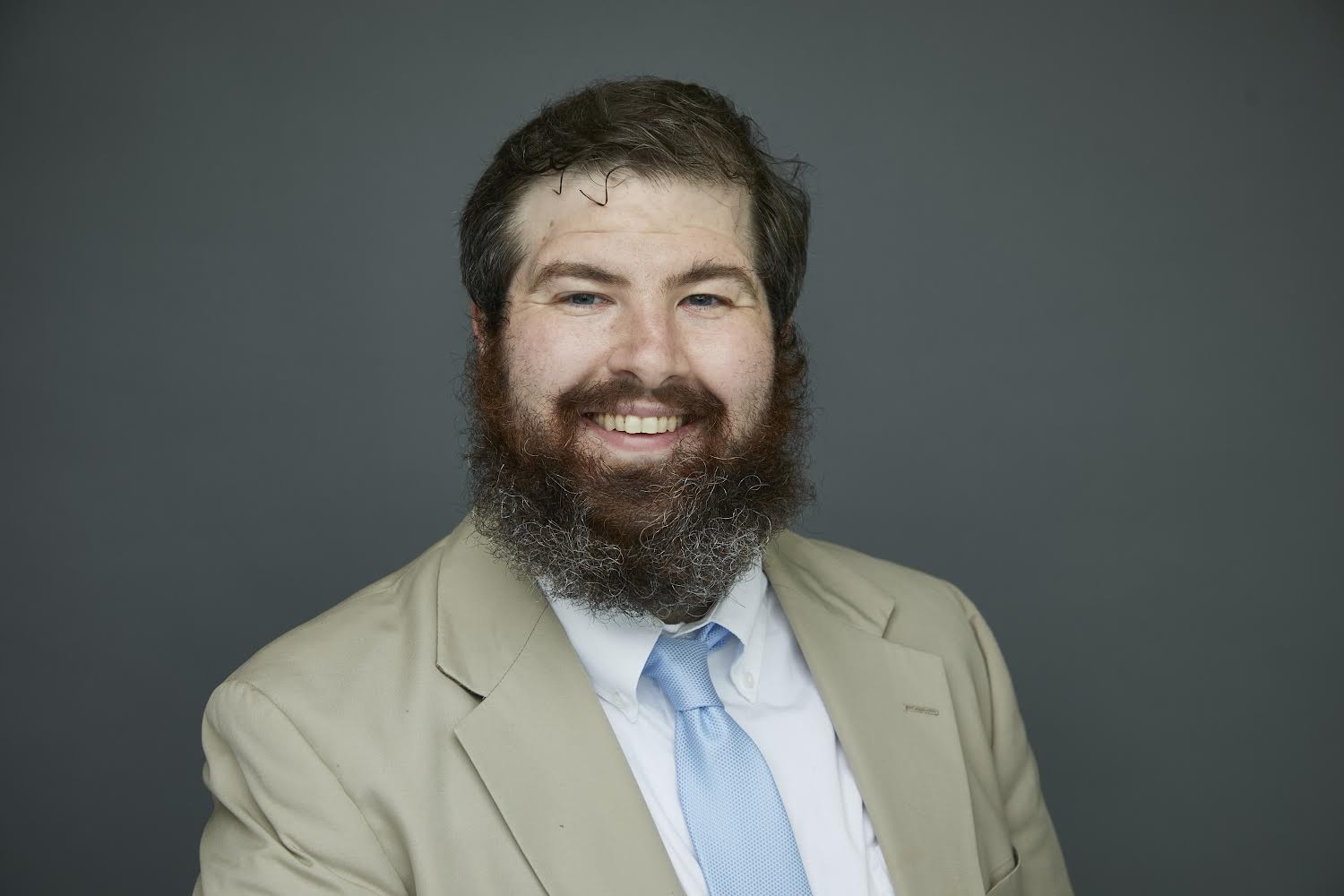
Luke is incredibly excited to work as a Davis Polk Leadership Fellow. Luke is in the second year of his J.D. program at Columbia Law School, where he is a staff editor of the Columbia Law Review. Before attending Columbia Law School, Luke helped lead the Pine Street Inn Outreach Team’s daily operations in downtown Boston, served as a Fulbright Scholar in Gudiyattam, Tamil Nadu, India, and was a Peace Corps Volunteer in Chengdu, Sichuan Province, China. These experiences solidified his commitment to service.
Luke hopes to use the Davis Polk Leadership Fellowship to build an outreach organization which directly serves unhoused folks in Morningside Heights and in Harlem. In conjunction with local community partners, Luke will provide material supports to folks experiencing homelessness. Through building rapport, Luke hopes the outreach organization may eventually be able to connect unhoused individuals with legal issues to legal service providers. As someone who has experienced housing insecurity, Luke hopes to build a bridges between his peers at Columbia and with unhoused folks in our community.
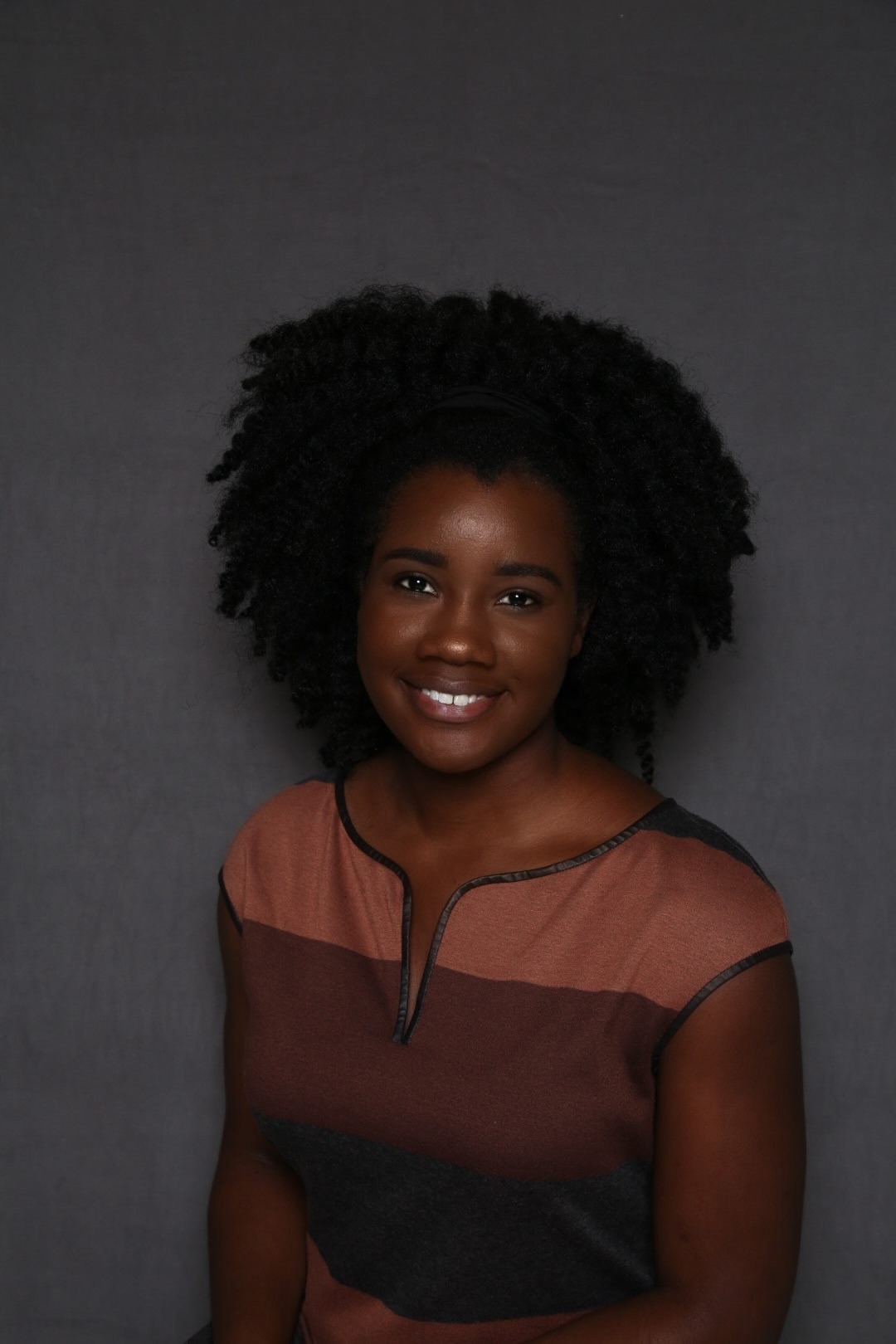
Shelly is an immigrant from the island of Jamaica. She spent her childhood years rotating between Jamaica, The Bahamas, and the Bronx. Prior to Columbia Law School, Shelly attended Howard University where she received her bachelor’s degree in Journalism in 2017. During her time there, she held the position of president of the Caribbean Students’ Association and interned at both Voice of America and NBC News. Her NBC News internship led to a five-year-long career with both NBC News and MSNBC where she eventually became a producer. During her tenure, she covered the Trump administration, the Biden administration, the COVID-19 pandemic, the national race reckoning after the murder of George Floyd, the 2022 U.S. elections, gun violence, and similar national stories.
Shelly eventually departed the networks to join the Atlantic Council, an international affairs think tank, where she coordinated discussions with heads of states, global leaders, and policymakers. Her role overlapped with the onset of Russia’s war in Ukraine. The summer before Shelly’s enrollment into Columbia Law School, she worked as a summer associate at Cooley LLP through the SEO program.
Her involvement in the Davis Polk Leadership Initiative stems from her Caribbean upbringing. As a Davis Polk Leadership Fellow, Shelly, together with her Co-Fellow Tobin Kassa, will be working towards developing programs to foster networking opportunities for lawyers from the Caribbean and Africa. As first-generation immigrants, they have first-hand experience with navigating the complexities and nuances of the American legal system. Individuals identifying as African or Caribbean face compounded adversity when climbing career ladders as they often neither check the box of being American nor being white. This chasm is only exacerbated in law school, where this community is disproportionately underrepresented and their experiences are overlooked. To address this, Shelly and Tobin are proposing an event and network to connect Caribbean and African lawyers in New York. Through the Fellowship, they hope to bridge gaps in the community, affirm their presence, and maintain traditions.
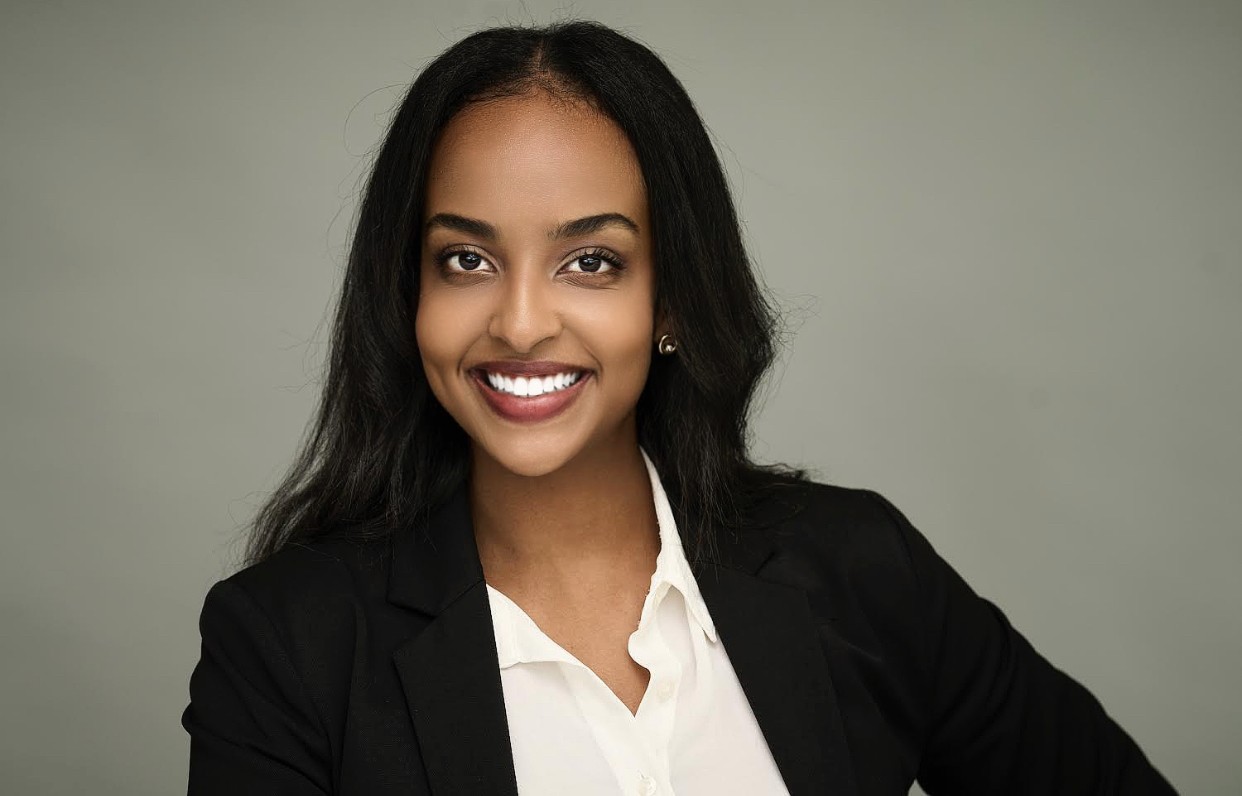
Tobin is a first-generation Ethiopian immigrant and the first in her family to pursue a law degree. She earned a B.A. in political science and communication from The Ohio State University and is a graduate of the university’s Morrill Scholarship Program. During her undergraduate years, she served as a Diversity Ambassador and was heavily involved with the institution’s staple African American Heritage Festival. Before law school, Tobin worked at a plaintiff-side impact litigation firm dedicated to keeping the nation’s youngest safe and healthy and holding governments accountable for violations of children’s rights. While at the firm, she also advocated on behalf of young adults incarcerated at Rikers Island and sought to bring forth a legislative bill ending solitary confinement in New York City.
Tobin, together with her Co-Fellow Shelly Hamilton, seek to uplift the experiences of Caribbean and African law students and lawyers. As first-generation immigrants, they have first-hand experience with navigating the complexities and nuances of the American legal system. Individuals identifying as African or Caribbean face compounded adversity when climbing career ladders as they often neither check the box of being American nor being white. This chasm is only exacerbated in law school, where this community is disproportionately underrepresented and their experiences are overlooked. To address this, Tobin and Shelly are proposing an event and network to connect Caribbean and African lawyers in New York. Through the Fellowship, they hope to bridge gaps in the community, affirm their presence, and maintain traditions.
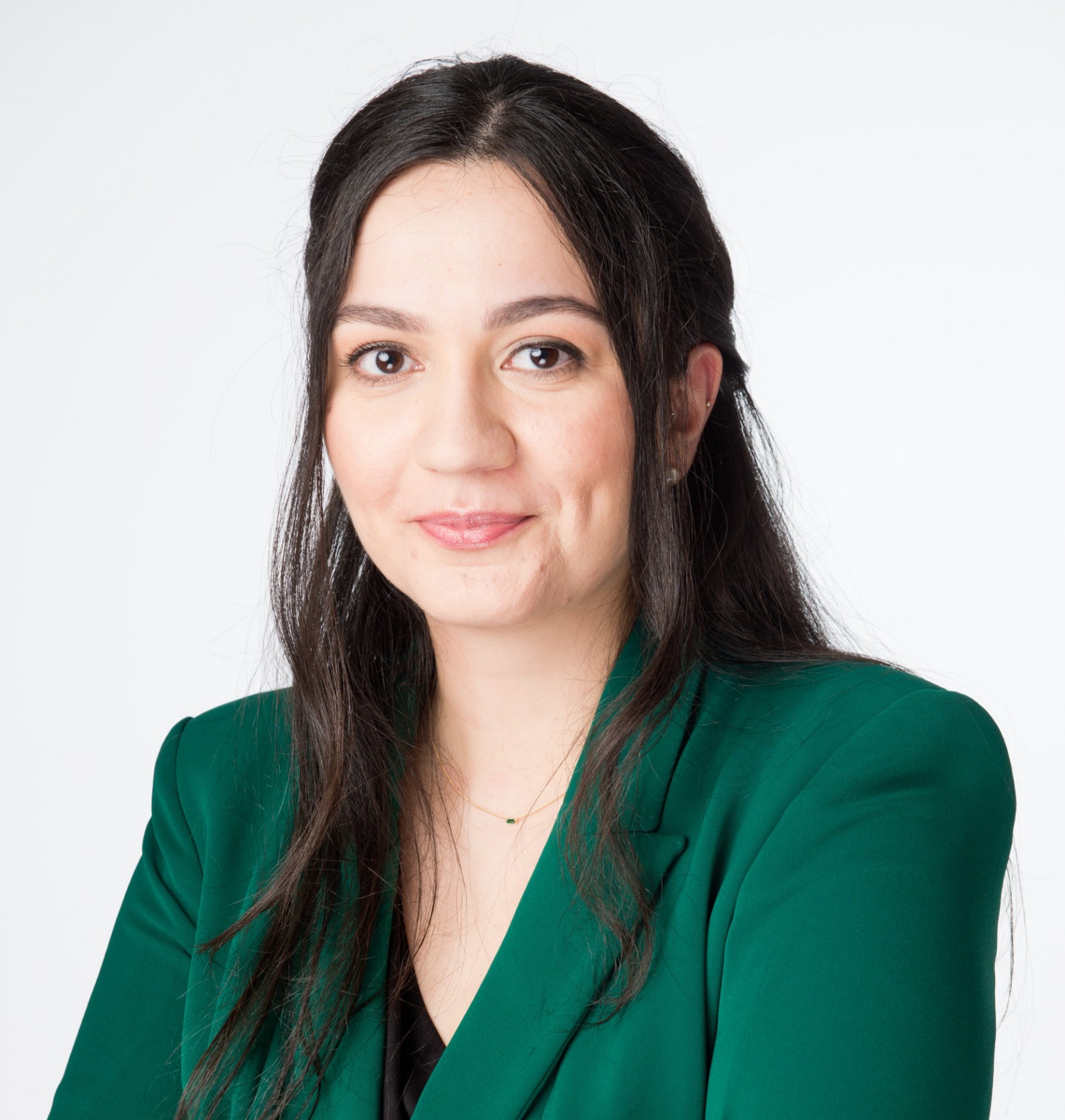
Natia is a lawyer of Yazidi ethnicity and an Obama Foundation European Leader. Admitted before the Parisian Bar, she holds a dual bachelor degree in German and French law from the Universität zu Köln and the Université of Panthéon-Sorbonne, and a Master’s degree in International Law from the Université of Panthéon-Sorbonne. Prior to joining Columbia Law School as a Human Rights LL.M. Fellow, she worked in Iraq for four years as the first Legal Advocacy Director of the NGO Yazda. Yazda and the Office of Amal Clooney, Yazda’s legal counsel, seek to take to court ISIS militants who have committed crimes of genocide against the Yazidi community and were successful in several jurisdictions, including in Germany, France, and the USA.
Under Natia’s direction, testimonies of survivors and crime sites have been documented in Iraq for submission to national and international justice mechanisms, including the International Criminal Court (ICC). To date, these submissions have helped achieve two convictions of genocide against members of the Islamic State (ISIS) for crimes against Yazidi victims in Germany. She works closely on transitional justice issues in Iraq with the Yazidi Survivors Network (YSN), which she helped establish as well as the United Nations Investigative Team to Promote Accountability Against Da’esh Crimes (UNITAD), mandated by the United Nations Security Council.
During her work, Natia realized that the Yazidi community, especially survivors, did not receive accurate and timely information on transitional processes and initiatives in Iraq and globally. Because of this lack of information, they are not able to fully participate in discussions about them and their community and important decisions are made without them. To remedy this issue and ensure that Yazidi survivors are fully empowered, Natia will work as a Davis Polk Leadership Fellow on a digital platform on the Yazidi genocide. This platform will be designed and implemented with the help of survivors and will serve as a tool for them to obtain the information they need to determine their lives. The platform will also be a source for Columbia students who wish to work on human rights issue and especially on the Yazidi genocide. Natia aims to launch the first version of the platform during the spring semester and to organize a conference to raise further awareness on the Yazidi genocide in the Law School community.
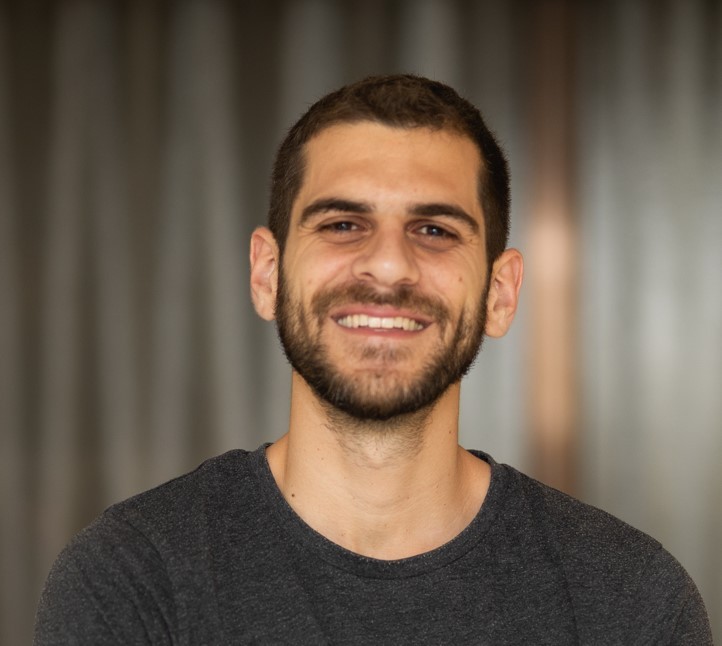
Ido holds a bachelor’s degree in law and economics and a master’s degree in financial economics, both from Reichman University, Israel. During his studies, he worked as a researcher in the areas of fintech and crypto regulation and published several law review articles on these topics. His articles were presented to the Israel Securities Authority (ISA) and helped to shape the ISA’s approach in these fields. After graduation, Ido began working at Herzog Law Firm, where he advised multinational corporations on the regulatory matters in the fields of data protection, crypto, and cybersecurity. At Columbia Law School, Ido continues to develop his research capabilities, working as a research assistant in the area of corporate governance.
During his professional and academic career, Ido identified that one of the most under-theorized and understudied areas in the crypto industry is blockchain governance. Blockchain-based organizations are evolving at an extraordinary pace and are gradually capturing sizable market share in our financial markets. Yet, despite their growing size and importance, we know very little about their underlying governance mechanisms. This lack of understanding has given rise to significant governance failures which ultimately resulted in substantial losses for investors.
As a Davis Polk Leadership Fellow, Ido aspires to contribute to the field of blockchain governance through two channels. First, he hopes to provide CLS students with greater exposure to the importance of this field, with the goal of inspiring them to become more involved in this developing sector. Second, he plans to create a forum consisting of practitioners, academics, and policymakers to discuss contemporary blockchain governance challenges. His ultimate, long-term goal is to draft a governance code suggesting best practices for blockchain-based organizations.
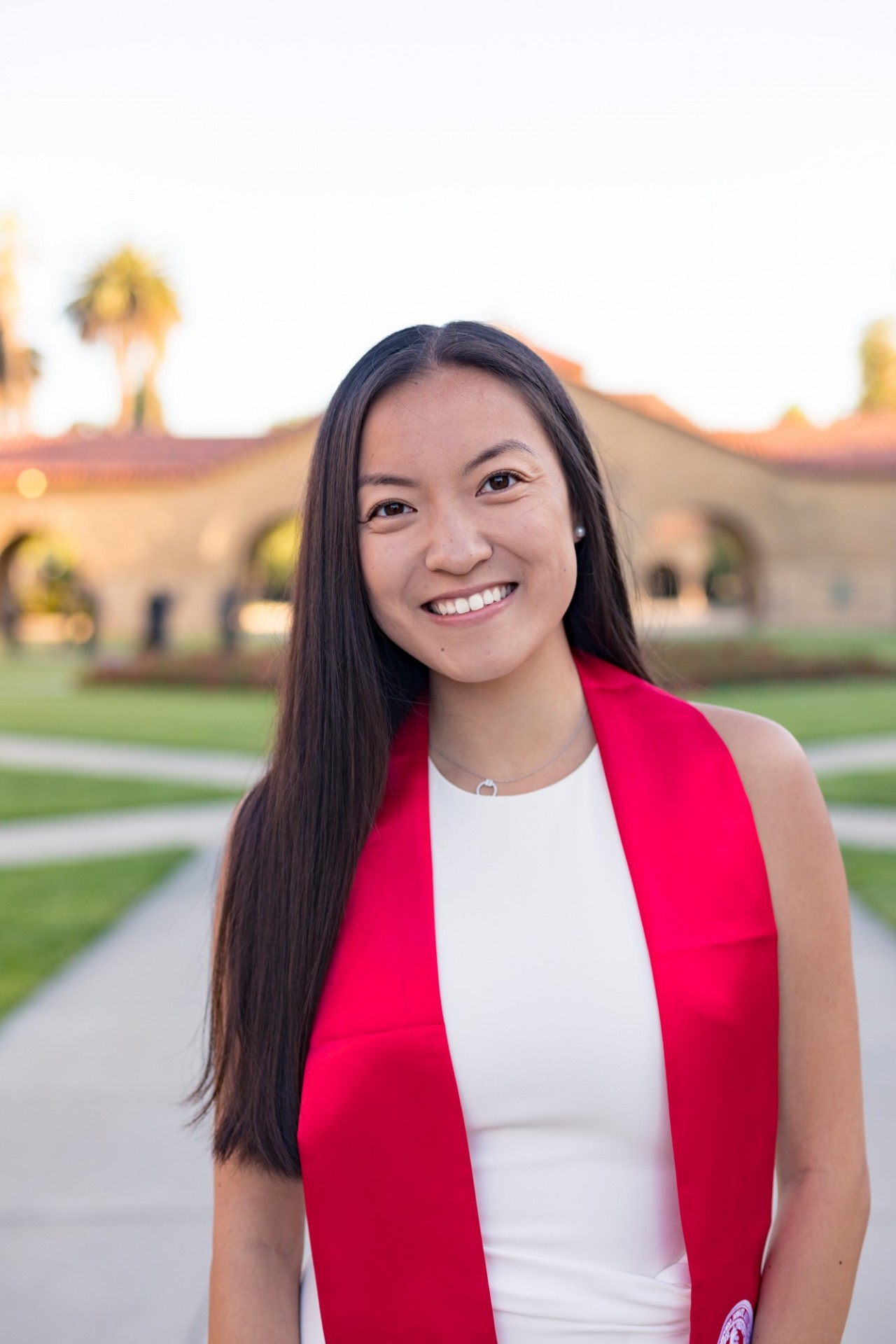
Amanda graduated from Stanford University with honors in economics. At Stanford, she served as the Co-President of Development Solutions Organization, the largest nonprofit consulting club on campus that participated in year-long projects with domestic and international nonprofit organizations. She also took time off during her senior year to work at the Alliance for Children’s Rights, a full-spectrum child advocacy firm based in Los Angeles, where she worked specifically with foster care clients, and youth aged 17–21 seeking to find stable housing and healthcare while completing their high school educations.
As a Davis Polk Leadership Fellow, Amanda will implement a youth arts intensive for underprivileged children around New York City, to be taught by Columbia Law School students. As someone who grew up in environments that always encouraged her to express herself through the arts—ballet, piano, creative writing classes—she realized what a privilege that was, and how many children are deprived of this opportunity. Inspired by the hours she spent each week teaching dance at local Boys and Girls Club chapters growing up, Amanda hopes to provide the children who attend the arts intensive an initial curiosity and exposure to the arts, revealing how such creative expression can be implemented in their daily lives to celebrate the highs, cope with the lows, and find joy in the company of themselves. Following this one-day intensive, she hopes to partner with local nonprofit organizations in these underserved communities and send Law School students out on a more regular basis to continue teaching classes to these students, ensuring that their exposure to the arts is consistent. Amanda is excited about engaging children around New York City and encouraging Law School students to utilize the art forms that have helped define who they are to become role models and community leaders.
